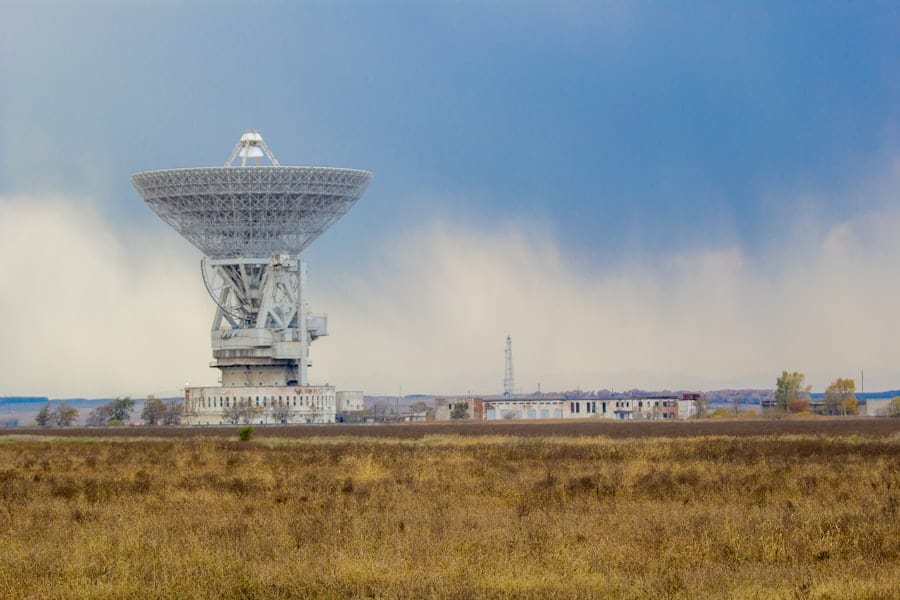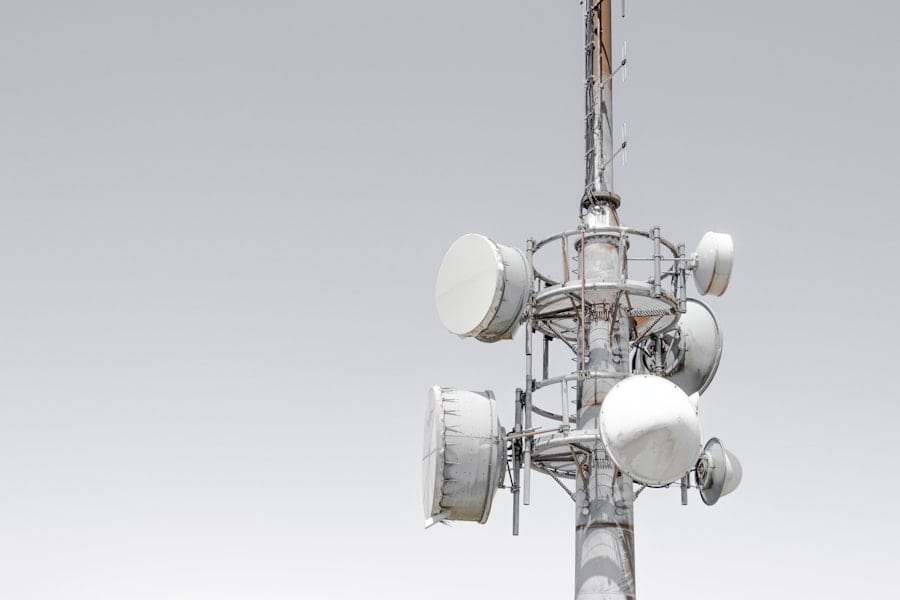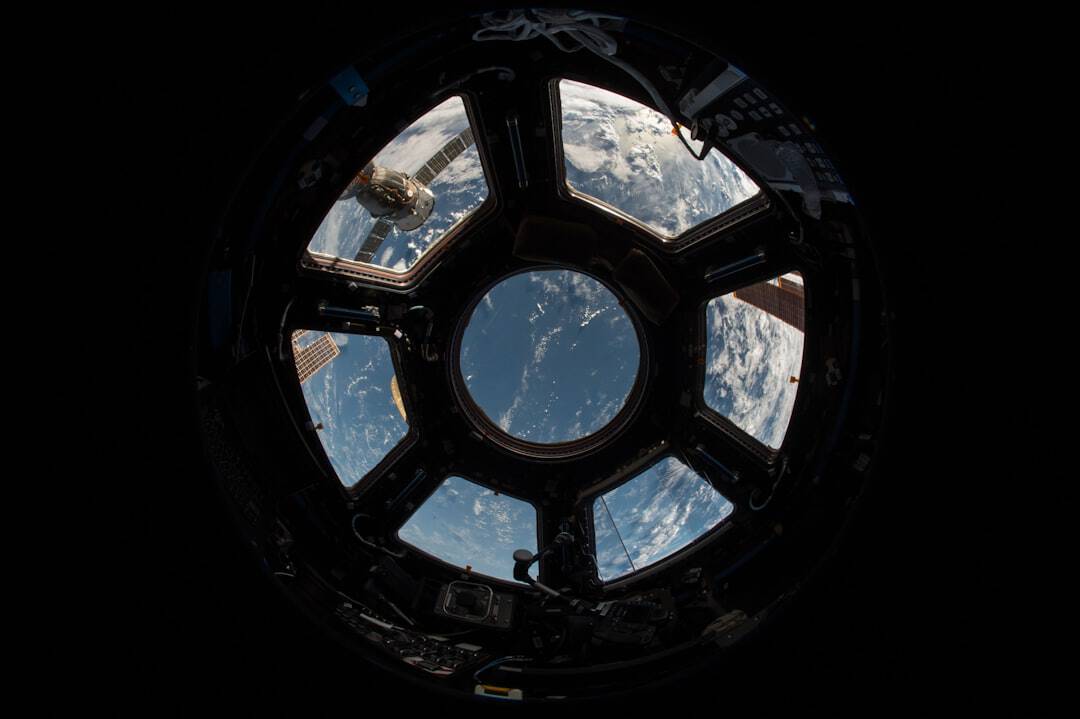Quantum communication represents a revolutionary leap in the field of information transfer, leveraging the principles of quantum mechanics to enhance security and efficiency. At its core, quantum communication utilizes quantum bits, or qubits, which can exist in multiple states simultaneously due to the phenomenon known as superposition. This characteristic allows for the transmission of information in ways that classical communication methods cannot achieve.
Moreover, the entanglement property of qubits enables instantaneous correlations between particles, regardless of the distance separating them. This unique feature not only enhances the speed of communication but also introduces unprecedented levels of security, as any attempt to intercept or measure the quantum state of a qubit will inevitably alter its state, alerting the communicating parties to potential eavesdropping. The implications of quantum communication extend far beyond theoretical physics; they promise to transform various sectors, including telecommunications, computing, and particularly space technology.
As humanity ventures deeper into space exploration and satellite communications, the need for secure and efficient data transmission becomes paramount. Traditional methods of communication are increasingly vulnerable to interception and hacking, which poses significant risks for sensitive information transmitted between Earth and space missions. Quantum communication offers a solution to these challenges by providing a framework that inherently protects data integrity and confidentiality through quantum encryption techniques.
Key Takeaways
- Quantum communication utilizes quantum mechanics to securely transmit information, offering a new paradigm for secure communication.
- Quantum communication in space technology enables secure and efficient communication over long distances, making it ideal for space missions and satellite communication.
- Advantages of quantum communication in space technology include enhanced security, faster transmission speeds, and the ability to detect eavesdropping attempts.
- Challenges and limitations of quantum communication in space technology include the need for advanced technology, susceptibility to environmental interference, and high implementation costs.
- Current applications of quantum communication in space technology include satellite-based quantum key distribution and quantum teleportation experiments, with potential for future applications in satellite networks and deep space communication.
Quantum Communication in Space Technology
Quantum Key Distribution in Space
One of the most notable projects is the Chinese satellite Micius, launched in 2016, which has successfully demonstrated quantum key distribution (QKD) over long distances. Micius employs entangled photons to establish secure communication channels between ground stations and satellites, showcasing the feasibility of quantum communication in a space environment.
Advancements in Quantum Communication
This satellite has conducted various experiments, including the transmission of quantum keys over distances exceeding 4,600 kilometers, effectively bridging the gap between terrestrial and extraterrestrial communication systems. In addition to Micius, other countries are also exploring quantum communication in space. The European Space Agency (ESA) has initiated projects aimed at developing quantum technologies for secure satellite communications.
Towards a Global Quantum Internet
These initiatives focus on creating a network of satellites capable of facilitating QKD and other quantum protocols.
This network could revolutionize how data is shared across vast distances, ensuring that sensitive information remains protected from unauthorized access.
Advantages of Quantum Communication in Space Technology

One of the primary advantages of quantum communication in space technology is its unparalleled security features. Traditional encryption methods rely on mathematical algorithms that can potentially be broken with advancements in computing power, particularly with the advent of quantum computers. In contrast, quantum communication employs principles of quantum mechanics that make eavesdropping detectable.
The act of measuring a qubit alters its state, thus revealing any interception attempts. This inherent security makes quantum communication particularly appealing for military applications, financial transactions, and any scenario where data integrity is critical. Moreover, quantum communication can significantly enhance the efficiency of data transmission in space.
The ability to transmit information using entangled particles allows for faster communication speeds compared to classical methods. For instance, while traditional radio waves are limited by the speed of light and can experience delays due to atmospheric conditions or obstacles, quantum communication can potentially bypass these limitations by utilizing satellite networks that maintain direct line-of-sight connections. This capability is especially crucial for real-time data sharing between Earth and spacecraft or satellites operating in distant orbits.
Challenges and Limitations of Quantum Communication in Space Technology
Despite its promising advantages, quantum communication in space technology faces several challenges and limitations that must be addressed before widespread implementation can occur. One significant hurdle is the fragility of quantum states. Qubits are highly susceptible to environmental disturbances such as temperature fluctuations, electromagnetic interference, and even cosmic radiation.
These factors can lead to decoherence, where the quantum state collapses into a classical state, resulting in the loss of information. Developing robust systems that can maintain qubit integrity over long distances and through various environmental conditions remains a critical area of research. Another challenge lies in the infrastructure required for effective quantum communication.
Establishing a network of satellites capable of supporting quantum protocols necessitates substantial investment in technology and resources. The current satellite systems are primarily designed for classical communication, and retrofitting them for quantum capabilities poses logistical and technical difficulties. Additionally, there is a need for ground-based facilities equipped with advanced technology to process and manage the quantum data transmitted from space.
Overcoming these infrastructural challenges will be essential for realizing the full potential of quantum communication in space technology.
Current Applications of Quantum Communication in Space Technology
Currently, several pioneering applications of quantum communication are being explored within the realm of space technology. The aforementioned Micius satellite has set a precedent by successfully conducting experiments that demonstrate QKD over long distances. This satellite has facilitated secure communications between various ground stations across China and has even enabled international collaborations with researchers in Europe.
Such initiatives highlight the practical applications of quantum communication in enhancing global security protocols. In addition to Micius, other experimental missions are underway to test the viability of quantum communication systems in space environments. For instance, the Quantum Experiments at Space Scale (QUESS) project aims to establish a satellite-based QKD system that can operate effectively in low Earth orbit (LEO).
This project seeks to create a prototype that can be scaled up for broader applications in satellite networks. Furthermore, researchers are investigating the potential for using quantum communication technologies in deep-space missions, where secure data transmission is crucial for scientific research and operational integrity.
Future Potential of Quantum Communication in Space Technology

The future potential of quantum communication in space technology is vast and multifaceted. As research progresses and technological advancements continue to emerge, we may witness the establishment of a global quantum internet that transcends terrestrial limitations. This network could facilitate instantaneous secure communications across continents and into space, enabling seamless data sharing between satellites and ground stations worldwide.
Moreover, advancements in miniaturization and integration of quantum technologies could lead to the development of compact quantum devices suitable for deployment on small satellites or CubeSats. These smaller platforms could democratize access to quantum communication technologies, allowing a broader range of organizations—ranging from academic institutions to private companies—to participate in this cutting-edge field.
Quantum Communication and Secure Space Communication
The intersection of quantum communication and secure space communication is particularly significant given the increasing reliance on satellite systems for critical operations. As nations invest heavily in satellite infrastructure for purposes such as national security, financial transactions, and scientific research, ensuring the security of these communications becomes paramount. Quantum communication offers a robust solution by providing an encryption method that is theoretically unbreakable due to its reliance on fundamental physical laws rather than computational complexity.
In military applications, for instance, secure communications are vital for operational success and strategic planning. Quantum key distribution can provide military organizations with a means to exchange sensitive information without fear of interception or compromise. Similarly, commercial entities involved in financial transactions or sensitive data exchanges can benefit from the enhanced security offered by quantum protocols.
As more organizations recognize the importance of safeguarding their communications against emerging threats, the adoption of quantum communication technologies is likely to accelerate.
Collaborative Efforts in Advancing Quantum Communication for Space Technology
The advancement of quantum communication technologies for space applications is not solely reliant on individual nations; it requires collaborative efforts across borders and disciplines. International partnerships are essential for pooling resources, expertise, and knowledge to tackle the complex challenges associated with implementing these technologies in space environments. Initiatives such as the European Union’s Quantum Flagship program aim to foster collaboration among researchers from various countries to accelerate developments in quantum technologies.
Furthermore, public-private partnerships are emerging as a vital component in advancing quantum communication research and development. Companies specializing in telecommunications and aerospace are increasingly investing in quantum technologies to enhance their offerings and maintain competitive advantages in an evolving market landscape. By collaborating with academic institutions and government agencies, these companies can leverage cutting-edge research while contributing their practical expertise to drive innovation forward.
In conclusion, as we stand on the brink of a new era defined by quantum communication technologies, it is clear that their integration into space technology holds immense promise. The journey ahead will undoubtedly be marked by challenges; however, through collaborative efforts and continued research, we can unlock the full potential of this transformative field.
One related article to The Role of Quantum Communication in Advancing Space Technology is “The Best Toshiba Laptops for 2023” which discusses the latest advancements in laptop technology that could potentially be used in space exploration. To learn more about the top Toshiba laptops for 2023, check out this article.
FAQs
What is quantum communication?
Quantum communication is a method of transmitting information using quantum mechanics, which allows for secure and efficient communication through the use of quantum properties such as superposition and entanglement.
How does quantum communication differ from classical communication?
Quantum communication differs from classical communication in that it utilizes quantum properties such as superposition and entanglement to transmit information, providing enhanced security and the ability to detect eavesdropping.
What role does quantum communication play in advancing space technology?
Quantum communication plays a crucial role in advancing space technology by enabling secure and efficient communication between spacecraft, ground stations, and other space-based systems. It also has the potential to enhance navigation, timing, and sensing capabilities in space.
What are the potential benefits of using quantum communication in space technology?
The potential benefits of using quantum communication in space technology include enhanced security for data transmission, improved reliability of communication systems, and the ability to enable new applications such as quantum key distribution for secure encryption.
What are some challenges in implementing quantum communication in space technology?
Challenges in implementing quantum communication in space technology include the need for robust and compact quantum hardware, the impact of environmental factors such as radiation and temperature fluctuations, and the development of protocols for long-distance quantum communication in space.

